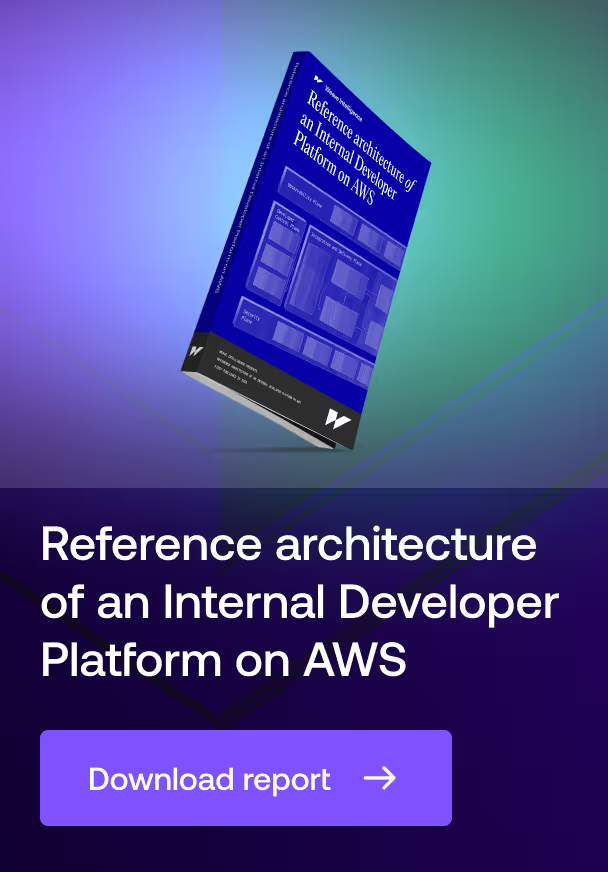Profile
Atlantis is an open-source Terraform automation tool that streamlines infrastructure changes through pull request workflows. The tool automates Terraform plan and apply operations while providing centralized execution, state management, and governance controls. As a Cloud Native Computing Foundation sandbox project with Apache 2.0 licensing, Atlantis has established itself as the leading self-hosted alternative to commercial Terraform automation platforms. Its primary value proposition lies in enabling organizations to implement collaborative infrastructure-as-code workflows while maintaining complete control over their deployment environment and sensitive credentials.
Focus
Atlantis addresses core challenges in collaborative infrastructure management by preventing state file corruption, eliminating race conditions between concurrent changes, and providing comprehensive audit trails of all infrastructure modifications. The tool removes the risks associated with executing Terraform commands on individual developer machines while enabling broader team participation in infrastructure changes through familiar pull request workflows. It serves platform engineering teams seeking to implement standardized processes for infrastructure changes while maintaining security and compliance requirements. The self-hosted architecture particularly benefits organizations with data sovereignty requirements or those operating in regulated environments.
Background
Originally developed at HootSuite Media Inc. in 2017, Atlantis emerged as a solution for managing infrastructure changes across growing engineering teams. The project transitioned to community governance under the runatlantis GitHub organization and achieved CNCF sandbox status, establishing formal governance structures and regular community engagement processes. The project maintains active development through a distributed maintainer team including contributors from Autodesk, Slalom Build, and other organizations, with the original founder providing ongoing guidance. The Apache 2.0 licensed codebase receives contributions from a broad community of over 440 developers.
Main features
Automated pull request workflow orchestration
The core workflow automation engine integrates directly with version control systems through webhooks, automatically detecting Terraform file changes in pull requests and executing appropriate operations. When changes are detected, Atlantis clones the repository, creates an isolated workspace, and executes terraform plan, posting results as pull request comments. This centralized execution environment ensures consistency across all operations while maintaining a comprehensive audit trail. The system handles the complete lifecycle from initial plan through final apply, with configurable approval requirements and status checks integrated into the pull request process.
State locking and concurrent operation management
Atlantis implements sophisticated state management that prevents concurrent modifications to the same infrastructure components. The system provides project and workspace-level locking mechanisms that complement Terraform's native state locking, ensuring that only one set of changes can proceed at a time for any given infrastructure component. When a plan operation begins, Atlantis automatically locks the affected projects and workspaces until the changes are either applied or abandoned, preventing race conditions and state file corruption while maintaining clear visibility of lock status through the web interface.
Policy enforcement and governance controls
The platform provides comprehensive policy enforcement capabilities through integration with tools like Conftest and Open Policy Agent. Organizations can define policies in Rego that evaluate Terraform plans against security, compliance, and architectural standards. These policies can prevent creation of non-compliant resources, enforce tagging requirements, or implement cost controls. The policy checking occurs automatically during the plan phase, with results posted to pull requests and the ability to block apply operations when violations are detected. This enables organizations to implement consistent governance controls across all infrastructure changes.






